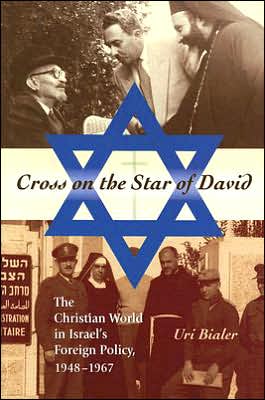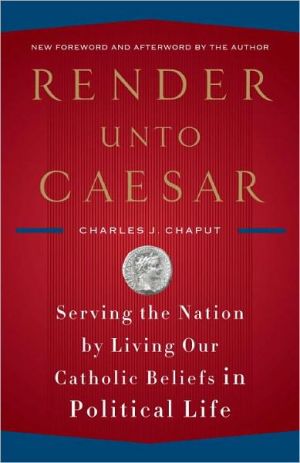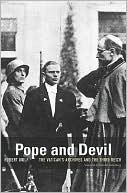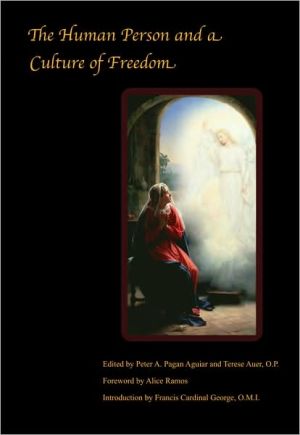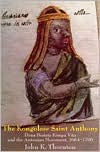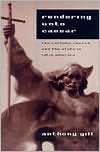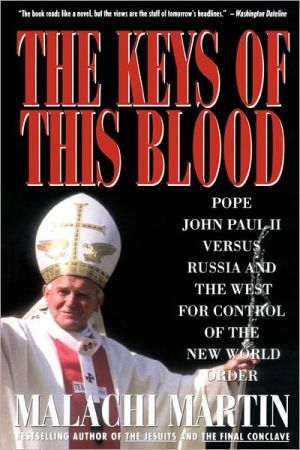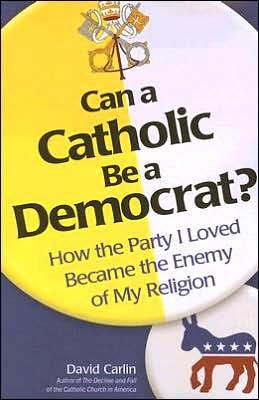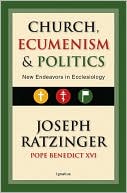Cross on the Star of David: The Christian World in Israel's Foreign Policy, 1948-1967
The official establishment of the State of Israel in May 1948 constituted the realization of the Zionist vision, but military victory left in its wake internal and external survival issues that would threaten this historic achievement for decades to come. The refusal of the international community to recognize the political, geographic, and demographic results of the War of Independence presented Israel with a permanent regional security threat, while isolating and alienating it in the...
Search in google:
The official establishment of the State of Israel in May 1948 constituted the realization of the Zionist vision, but military victory left in its wake internal and external survival issues that would threaten this historic achievement for decades to come. The refusal of the international community to recognize the political, geographic, and demographic results of the War of Independence presented Israel with a permanent regional security threat, while isolating and alienating it in the international arena. One of the most formidable problems Israeli foreign policy faced was the stance of the Christian world toward the new state. Attitudes ranged from hostility and categorical non-recognition by the Catholic Church, through Protestant ambivalence, to Evangelical support. Cross on the Star of David presents the first scholarly analysis, based on newly declassified documents, of Israeli policymaking on this issue. Uri Bialer focuses on the impact that modes of thinking rooted in the historical tradition of Jewish-Christian interactions had on Israeli policymakers and concludes that they were not innocent of the perceptions and biases that influenced the Christian world's behavior toward Israel. The result is a fine-grained, original interpretation of an important dimension of Israeli foreign policy from the founding of the State to the 1967 War.
ContentsAcknowledgmentsIntroductionPart I. Jerusalem vs. the Vatican: Israel's Church Diplomacy1. The Sense of Threat Emerges2. The Struggle for Jerusalem: The Papal Connection3. At the Gates of the Vatican4. Theology and DiplomacyPart II. Christians, Christianity, and the Land in Israeli Policy5. Missionary Activity6. Goat and Chicken Diplomacy: Israel and Its Christian Communities7. Israel and the Question of the Russian Ecclesiastical Assets8. Land in the Shadow of the Cross: German Lutheran, Catholic, and Greek Orthodox Property in IsraelEpilogue: On Viewing the Enemy and Bridge BuildingNotesBibliographyIndex
\ Books & Culture"... Cross on the Star of David... shows how historical research is done. This is the kind of research that historians wait for...." —Books & Culture\ \ \ \ \ American Jewish Archives Journal"A particular strength of Bialer's work... is the extensive use of newly declassified archival material. His analysis is heavily grounded in material from the Israeli State Archives, and he uses this new material to offer a more balanced account of Christian—Israeli relations by introducing the Israeli perspective.... provid[es] a sympathetic analysis of the failures, shortcomings, and successes that the new state faced in dealing with the Christian world." —American Jewish Archives Journal\ \ \ Israel Studies Forum"[This book]is a documentary tour de force that has already gained a well-earned place in the literature." —Neville Lamdan, Truman Institute, The Hebrew University, Israel Studies Forum, Volume 23, Number 2, Winter 2008\ — Neville Lamdan, Truman Institute, The Hebrew University\ \ \ \ \ \ Studies in Christian-Jewish Relations"For those interested in the relationship between the Jewish state and the Christian world, this book is essential reading." —Michael B. McGarry, Tantur Ecumenical Institute, Jerusalem, Studies in Christian-Jewish Relations, Volume 3, Issue 1 2008 Article 6\ — Michael B. McGarry, Tantur Ecumenical Institute, Jerusalem\ \ \ \ \ \ Shofar"... this is a very rich book, and one that greatly adds to our knowledge of Israeli diplomacy in the 1948–1967 period." —Robert O. Freedman, Baltimore Hebrew University and Johns Hopkins University, Shofar, Vol. 26, No. 4 ¦ 2008\ — Robert O. Freedman, Baltimore Hebrew Universityand Johns Hopkins University\ \ \ \ \ \ Middle East Journal"Bialer writes in a lucid fashion and deploys with great skill a large scope of archival material. The result is an account that is both authoritative and intriguing." —Zach Levey, Division of International Relations, University of Haifa, Israel, MIDDLE EAST JOURNAL, 60.2 (Spring 2006)\ — Zach Levey, Division of International Relations, University of Haifa, Israel\ \ \ \ \ \ Journal of Israeli History"Cross on the Star of David is a major contribution to our knowledge on an important topic in Israeli history. The book will certainly become a highly welcome tool that historians of the State of Israel as well as of contemporary Christianity will use extensively. Uri Bialer should be commended for a fine achievement." —Yaakov Ariel, Department of Religious Studies, University of North Carolina, Journal of Israeli History, Volume 26, Issue 1 March 2007\ — Yaakov Ariel, Department of Religious Studies, University of North Carolina\ \ \ \ \ \ American Historical Review"Every intelligent reader will enjoy reading Bialer's painstakingly researched and fascinatingly told account." —TuviA FRILING, American Historical Review, FEBRUARY 2007\ — TuviA FRILING\ \ \ \ \ \ Middle Eastern Studies"This is a valuable study on an important subject which had considerable impact of Israel’s foreign policy." —Jacob Abadi, Middle Eastern Studies, Vol. 42, No. 3,, May 2006\ — Jacob Abadi\ \ \ \ \ \ The Catholic Historical Review"Bialer’s book faithfully and insightfully records the Israeli side of numerous events which led in the end to the historic Fundamental Agreement between the Catholic Church and the State of Israel." —EUGENE J. FISHER, Secretariat for Ecumenical and Interreligious Relations U.S. Conference of Catholic Bishops, The Catholic Historical Review, 92.3 (2006)\ — EUGENE J. FISHER, Secretariat for Ecumenical and Interreligious Relations U.S. Conference of Catholic Bishops\ \ \ \ \ \ American Jewish History"Bialer, a historian of international relations, provides a balanced and insightful survey of Israeli foreign policy toward Christian states and organizations." —Shalom L. Goldman, American Jewish History, 2008\ — Shalom L. Goldman\ \ \ \ \ \ History"Built on newly available Israeli sources, this monograph suggestively rather than definitively explores the fledgling state's early interactions with Christianity." —SIMON DAVIS, Bronx Community College of the City University of New York, History, Volume 92 Issue 307 July 2007\ — SIMON DAVIS, Bronx Community College of the City University of New York\ \ \ \ \ \ Holy Land Studies: A Multidisciplinary Journal"This is obviously a work that has been produced by an expert and a proven archival studies expert at that. The author's ability to synthesize and link up various archival fragments into a single, coherent and collective whole must be recognised and commended." —Samuel J. Kuruvilla, Holy Land Studies: A Multidisciplinary Journal, Volume 7, Number 1, May 2008\ — Samuel J. Kuruvilla\ \ \ \ \ \ AJSR (Association of Jewish Studies Review)"Bialer’s book is different from other publications in this sphere. Whereas most of the literature has focused on the theological perspectives and on the attitudes and policies of the various churches toward Israel, Bialer’s book concentrates on the Israeli political perspective. Indeed, it offers a new perspective and explanation of Israeli relations with Christianity, and especially with the Catholic Church." —Gabriel (Gabi) Sheffer, Hebrew University, AJSR (Association of Jewish Studies Review), 2007\ — Gabriel (Gabi) Sheffer, Hebrew University\ \ \ \ \ \ Digest of Middle East Studies"... Bialer’s book is a meticulous, substantially researched book. It is recommended to anyone interested in the Christian churches in the Holy Land and in Israel’s foreign policy." —Daphne Tsimhoni, Ph.D., Hebrew University of Jerusalem, Digest of Middle East Studies\ , Spring 2008\ — Daphne Tsimhoni, Ph.D., Hebrew University of Jerusalem\ \ \
